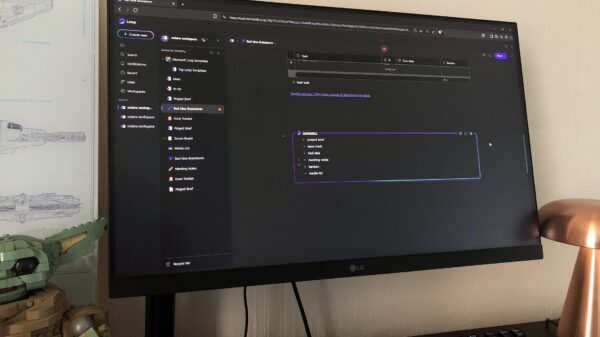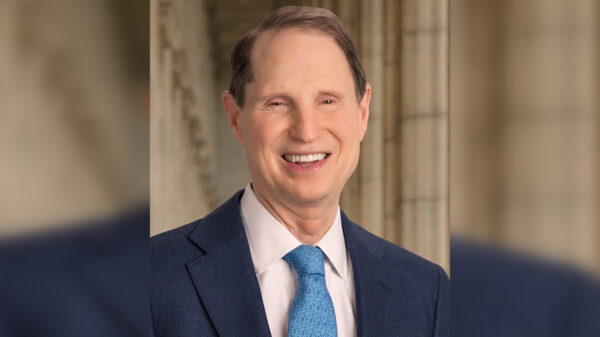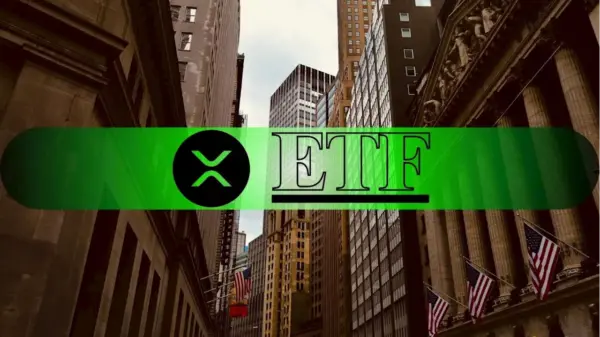URGENT UPDATE: With the threat of another government shutdown looming, financial experts are urging Americans to take immediate action to safeguard their finances. The last shutdown lasted a staggering 43 days and had a profound impact on many households across the nation.
New data reveals that during the last shutdown, 41% of American adults cut back on spending, while 29% delayed major purchases. This situation left countless families scrambling to cover expenses. “This is certainly nothing new, but the recent shutdown was a crucial reminder that they can extend longer than expected,” says Melissa Caro, a certified financial planner based in New York City.
Experts recommend that all Americans, especially those reliant on government incomes, should act swiftly to prepare for the next potential shutdown, set for a crucial funding vote by January 30. Caro suggests establishing an emergency fund with at least six to nine months of expenses readily available. “Pay yourself first before you pay anybody else,” she emphasizes, advocating for automatic transfers to savings accounts.
For federal employees, Caro advises creating a specific shutdown fund due to the direct impact of government decisions on their incomes. Additionally, Byrke Sestok, a CFP in New York, suggests looking into home equity lines of credit as a backup option. “Just ensure you have a repayment plan,” he warns, as using home equity poses risks.
Financial experts also stress an urgent need to cut unnecessary expenses. “If your income depends on the government, let a shutdown be your signal to pare back ASAP,” urges Jay Spector, a CFP with EverVest Financial. He recommends suspending subscriptions and curtailing non-essential spending immediately.
As the holiday season approaches, experts are advocating for mindful spending. “This year, more than ever, I beg people to have a budget,” stresses Caro. With the potential for another shutdown, she suggests discussing smaller gift exchanges with family and friends to maintain financial health.
The last shutdown served as a wake-up call for many who did not adjust their spending habits quickly enough. “No one was in immediate budget mode,” Caro reflects. “This is such an important lesson, especially if it lasts longer than anyone expects.”
It is crucial for those needing government services—such as applying for Social Security or small business loans—to act now. “Don’t wait for things to happen,” warns Spector, as processing slows significantly during shutdowns.
Preparing for a government shutdown mirrors preparing for any financial disruption: maintain a cash cushion, explore credit options for emergencies, and reduce unnecessary spending. As Caro states, “If the shutdown ends quickly, you may not need to use your contingency plans. But if it doesn’t, you are ahead.”
Take these steps NOW to ensure financial stability. Sharing this information could help friends and family prepare as well. Stay informed, stay prepared, and remember to budget wisely as the next government funding vote approaches.






































































